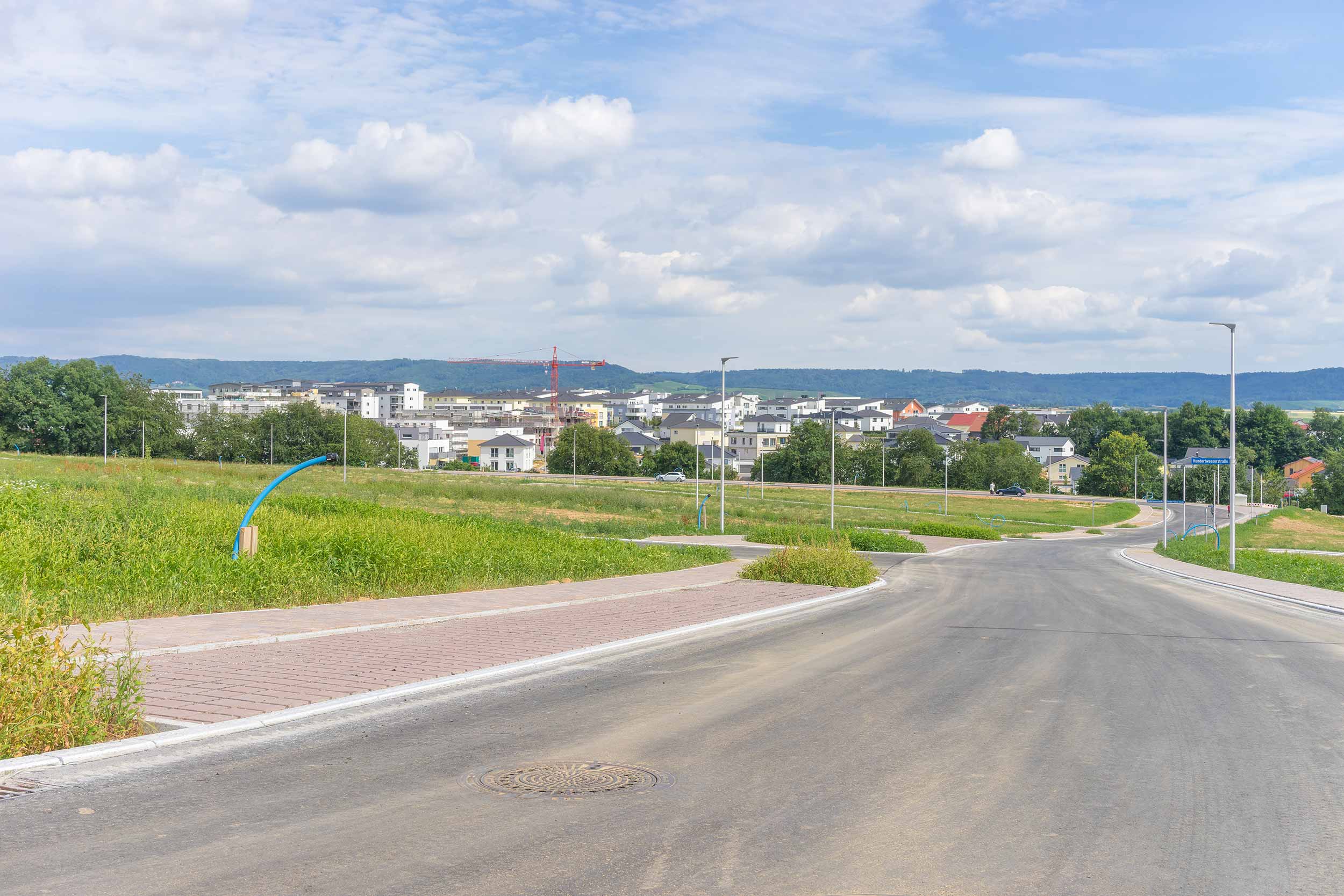« Il me revient que vingt-trois communes du pays n‘ont encore pas classé des terrains à bâtir à des fins d’habitation situés à l’intérieur de leur plan d’aménagement général (PAG) dans la catégorie B6 de l’impôt foncier (IFON B).
Voilà pourquoi j‘aimerais poser les questions suivantes à Madame la Ministre de l‘Intérieur:
- Quelles sont les vingt-trois communes ayant renoncé jusqu’à ce jour à classer des terrains à bâtir à des fins d’habitation situés à l’intérieur du PAG dans la catégorie B6 de l’impôt foncier (IFON B) – quatorze ans après l’introduction de cette disposition dans la législation fiscale?
- Quelles sont les dix communes qui se distinguent par le taux communal B6 le moins élevé? Et quelles sont celles qui se distinguent par le taux le plus élèvé? »
Answer
Question 1
Les communes qui ont jusqu’à ce jour renoncé à classer des terrains à bâtir à des fins d’habitation situés à l’intérieur du PAG dans la catégorie B6 de l’impôt foncier, au nombre de vingt-trois, sont les suivantes :
| Beaufort | Nommern |
| Bech | Rambrouch |
| Bettendorf | Saeul |
| Biwer | Stadtbredimus |
| Clervaux | Tandel |
| Ell | Troisvierges |
| Flaxweiler | Vichten |
| Goesdorf | Wahl |
| Grosbous | Waldbillig |
| Helperknapp | Weiler-la-Tour |
| Lac de la Haute-Sûre | Winseler |
| Wormeldange |
Question 2
Les dix communes avec le taux communal B6 le moins élevé
| Commune | Taux B6 |
| Manternach | 200 |
| Steinsel | 235 |
| Dippach | 240 |
| Lenningen | 240 |
| Steinfort | 250 |
| Vallée de l’Ernz | 250 |
| Rosport-Mompach | 260 |
| Mertert | 270 |
| Garnich | 275 |
| Larochette | 295 |
Les dix communes avec le taux communal B6 le plus élevé
| Commune | Taux B6 |
| Diekirch | 15000 |
| Schifflange | 4000 |
| Schieren | 1500 |
| Kiischpelt | 1500 |
| Hesperange | 1250 |
| Bettembourg | 1000 |
| Boulaide | 1000 |
| Echternach | 1000 |
| Mondorf-les-Bains | 1000 |
| Roeser | 1000 |






